Net price: 197 €
Net price: 445 €
Net price: 184 €
Net price: 114 €
Net price: 120 €
Net price: 140 €
Net price: 305 €
Net price: 423 €
Net price: 124 €
Net price: 81 €
Net price: 163 €
Net price: 180 €
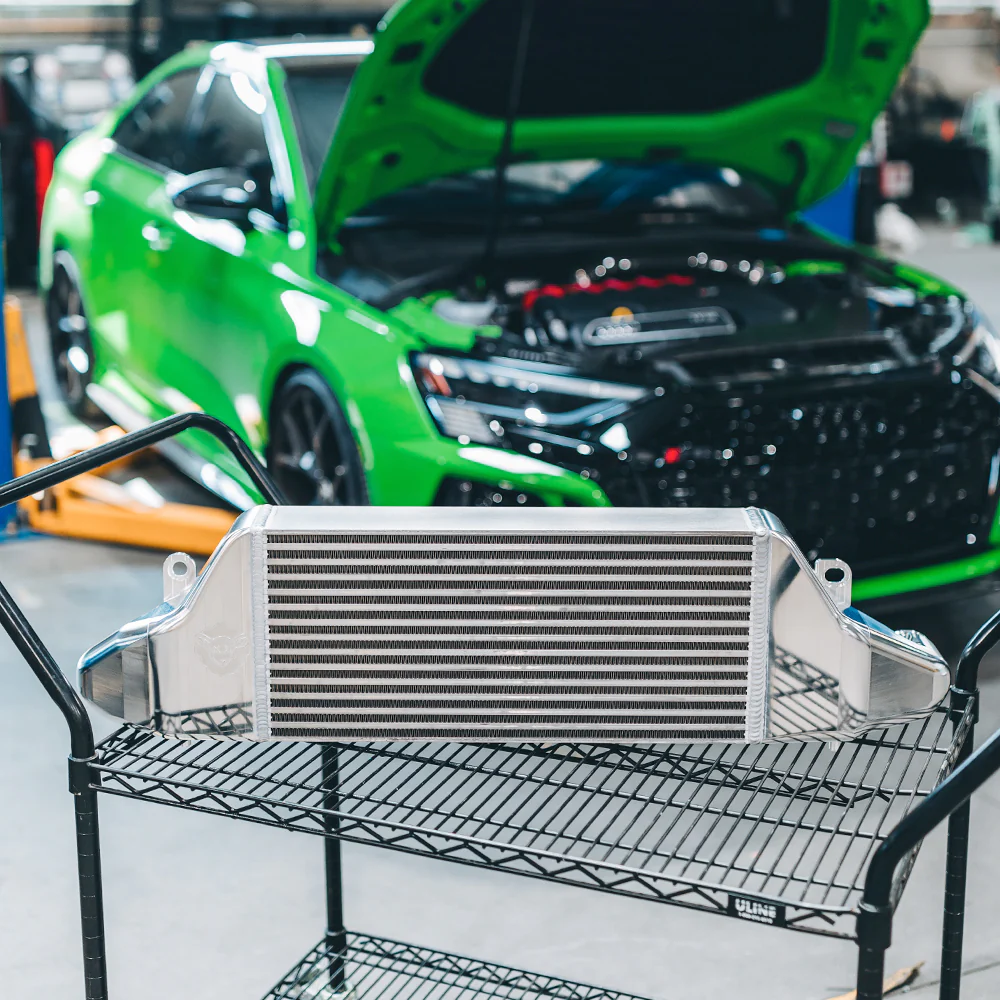
Intercoolers enhance the performance of turbocharged engines by cooling compressed air. Explore the types and benefits of intercoolers in this article.
Boost Your Performance: Everything You Need to Know About Intercoolers
Introduction
Intercoolers are essential for optimizing the performance of modern turbocharged and supercharged engines. By cooling the compressed air, they increase engine efficiency and power. In this article, we’ll explore how intercoolers work, their types, and the benefits they offer.
What is an Intercooler?
An intercooler is a heat exchanger that cools the air compressed by a turbocharger or supercharger before it enters the engine’s combustion chamber. This increases the air’s density and oxygen content, leading to better combustion and more power output.
Types of Intercoolers
Air-to-Air Intercooler:
This type cools the compressed air directly using ambient air. Air-to-air intercoolers are simpler and lighter but require more space for optimal performance.
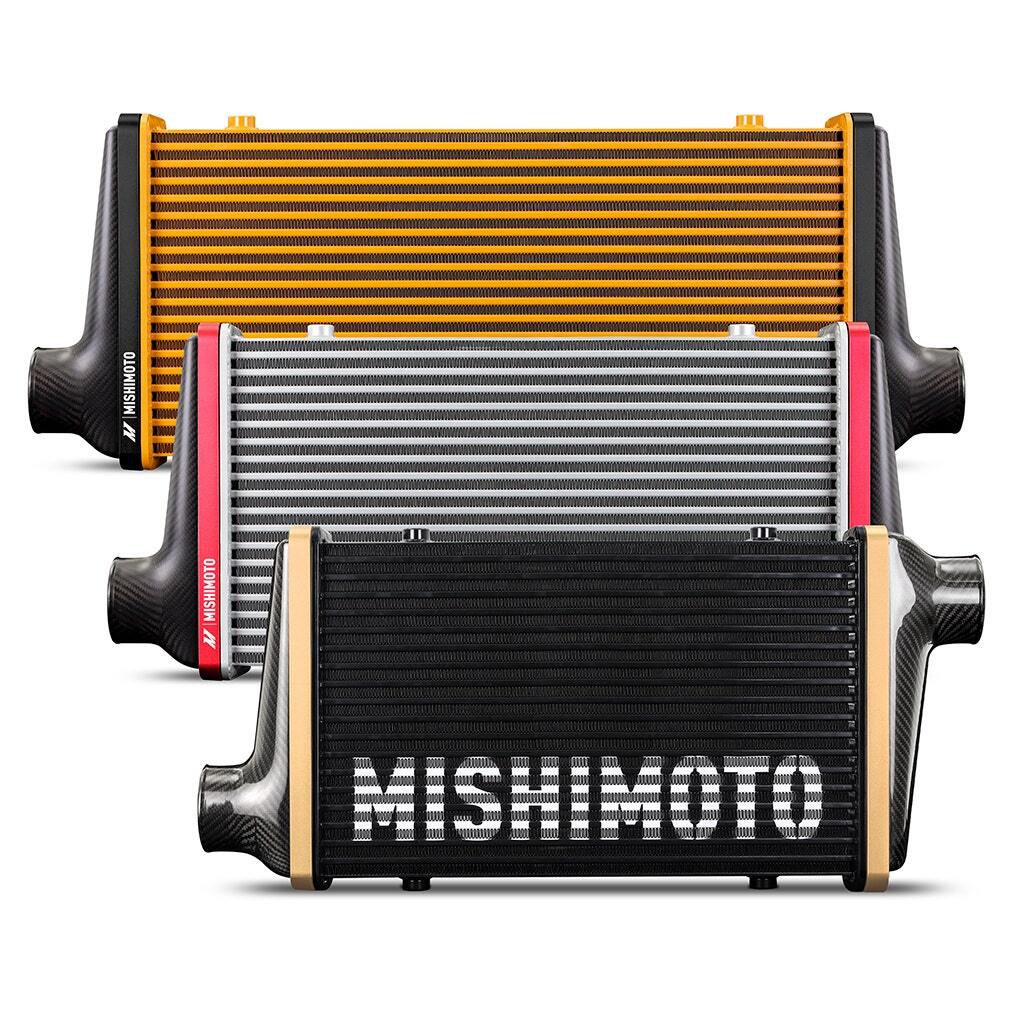
Air-to-Liquid Intercooler:
In this case, a liquid (usually a mixture of water and coolant) is used to cool the compressed air. The liquid carries heat to a secondary heat exchanger, where it dissipates into the environment. This design offers more efficient heat transfer and allows for a more compact setup.
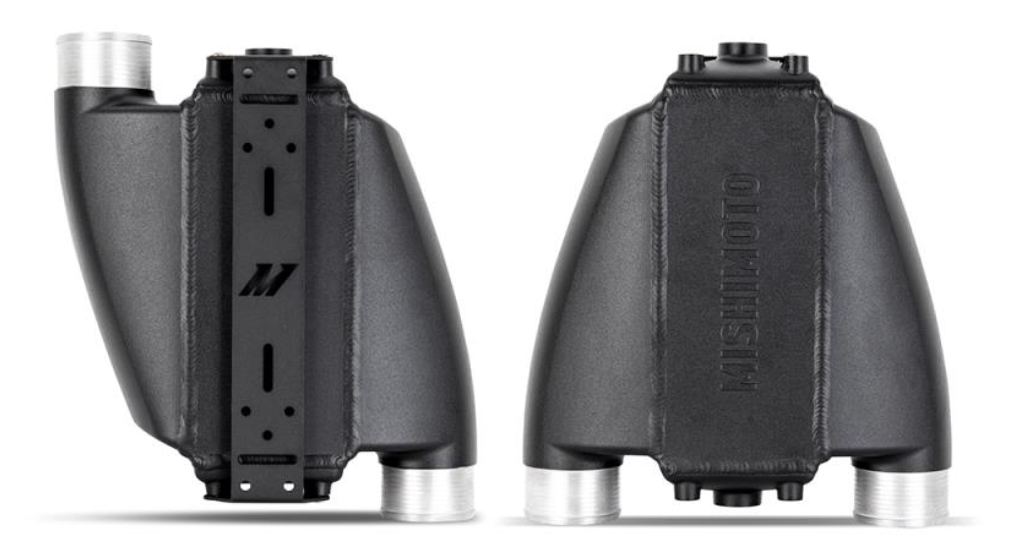
Intercooler Designs
Bar and Plate:
This design offers high heat transfer efficiency and is often used in race cars and high-performance vehicles. Bar and plate intercoolers are thicker and more durable but can also be heavier.
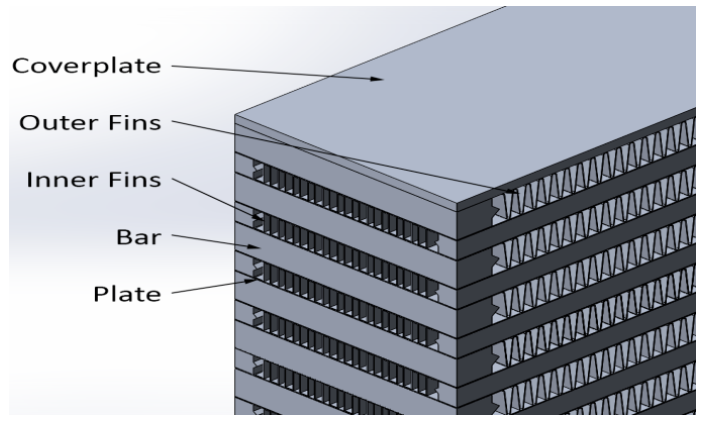
Tube and Fin:
This is a lighter and more compact design commonly used in production vehicles. While it has lower heat transfer efficiency, it still provides adequate cooling for most applications.
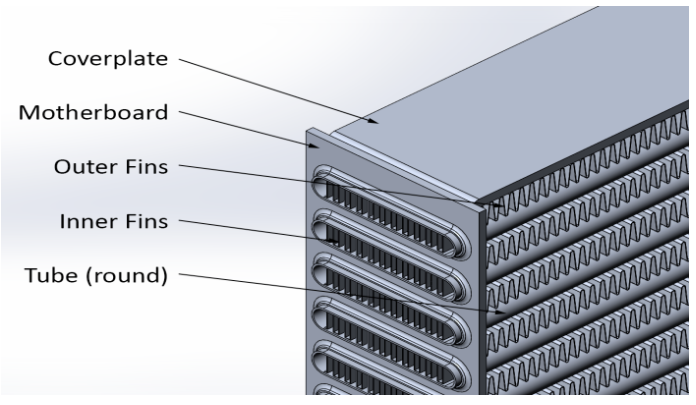
Benefits of Intercoolers
Increased Performance: Cooled air is denser and contains more oxygen, improving combustion efficiency and boosting engine power.
Fuel Efficiency: Denser air improves combustion, allowing the engine to extract more energy from the fuel, increasing fuel efficiency.
Prevention of Detonation: Hot air can cause detonation, which can damage the engine. The intercooler lowers the intake air temperature, reducing the risk of detonation.
Improved Engine Reliability: Lower intake air temperatures reduce stress on engine components, extending engine lifespan.
Practical Examples and Technical Insights
When selecting an intercooler, it's important to choose the right design and type for your vehicle and intended use. For example, bar and plate intercoolers are frequently used in race cars for their superior heat transfer, while tube and fin intercoolers are often sufficient for production cars due to their lighter and more compact form. Efficiency is measured through various tests, including temperature drop and performance gain.
Conclusion
Intercoolers are crucial for enhancing the performance and efficiency of modern engines. Choosing the right intercooler and maintaining it properly can provide significant benefits in terms of performance and engine longevity.